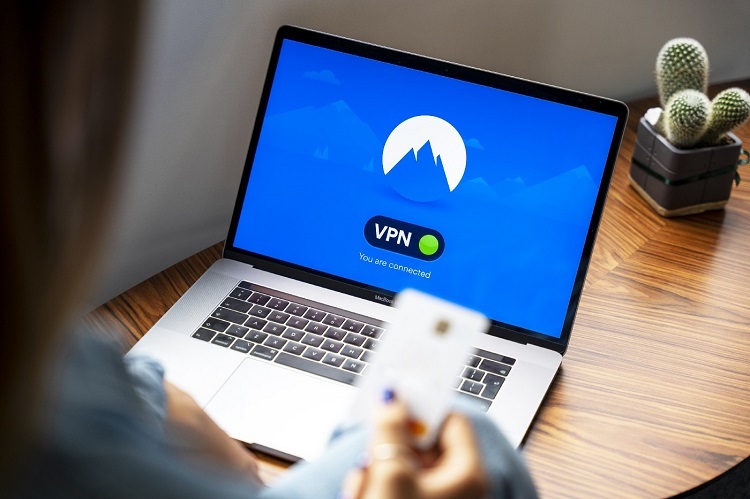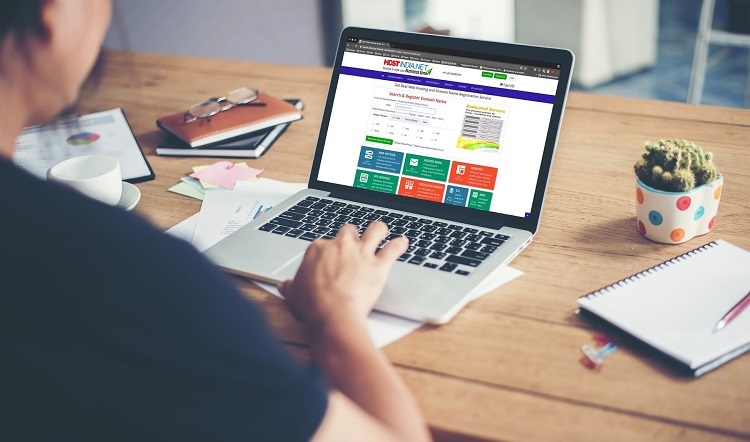For many internet users across the globe, online privacy has become such a precious commodity. A lot has changed: many authorities and agencies have been set up to implement censorship schemes.
There is too much eavesdropping in the interest of everything else apart from an internet user’s privacy. But there are still ways to beat this mass surveillance. In this post, we discuss how to protect your online privacy with a VPN.
Table of Contents
How do your online activities expose your privacy?
There are several tools used to collect your user data whenever you are navigating the web. Some of these happen without your knowledge while others request for access permission. You have probably seen websites notify you of their use of cookies. Cookies collect data based on your browsing history, and for what they describe as ‘to serve you better’.
Another surveillance authority that monitors your internet activities is the internet service provider. Believe it or not, all internet-providing companies can see the websites you have visited and the amount of time spent on each. Well, they may not see your exact activities, but they will see your favourite websites, searches and so on.
Assistant bots such as Google assistant also keep a record of your browsing history. You can, however, opt-out of this feature.
Government agencies also keep tabs on your online activities. This they say; is a prerequisite for their security enforcement programs and helps them track down wanted criminals. The catch with this surveillance is that it is not limited to the ‘persons of interest’. There’s a network of spies prying on your internet activities at any given time.
Malicious programs are also notorious for accessing an internet user’s data without permission. This happens when you unknowingly download adware, spyware, keyloggers and other unwanted programs into your internet device.
Why the increase in mass surveillance?
As already mentioned, the perpetrators of online surveillance say that their techniques are aimed at serving you better. The government agencies façade it as a crime combating strategy. Internet service providers do this to collect data and later sell it to advertising companies who then use this information to serve you with ads that match your online searches and browsing habits.
Using a VPN for online privacy
Using a virtual private network is a reliable way of using the internet without leaving any footprints or trail behind. These tools are a one-stop for privacy, security and anonymity.
How do VPNs work?
Here is a simple breakdown that will help you see the essence and the reasons why you should install VPN and select IP address from Pakistan. You are probably wondering how a VPN protects your privacy.
Virtual private networks use multilayered encryption techniques to create a secure tunnel between you, their servers and the intended recipient. These encryption technologies include Layer 2 Tunneling Protocol, secure sockets layer commonly known as SSL, IP security and transport layer security.
With this type of encryption, no prying eyes can see your internet activities. This secure and invincible tunnel enables you to use the web anonymously.
Another benefit of connecting to the internet through a VPN is that you can use P2P file-sharing services, a convenient service that many internet service providers frown on.
The anonymity feature also allows for virtual relocations which are ideal for streaming content from leading sites like Netflix and Hulu. This helps you beat content filtering based on geographical restrictions.
A VPN also protects you from malicious criminals who are out to spread attacks on unsecured networks. Note that many malware and data harvesting attacks are launched on shared networks. The data encryption technology makes it impossible for an attacker to infiltrate your privacy even when you are using public Wi-Fi.
VPN services
The need to protect online privacy is the primary reason why many people seek VPN services. You can choose to use a free or paid service. We, however, wouldn’t recommend free VPNs and there are reasons for this. Many of these companies end up sharing user logs with third parties. While this is necessary for their sustainability, it negates the whole point of fighting for online privacy.
VPN apps are affordable, easy to download and set up. It is prudent to read and understand the provider’s privacy policy before subscribing. Stay away from any service that tracks your online footprints or fails to assure or guarantee your privacy.
Many VPN services have an application for nearly all internet devices; routers, android devices, iOS devices, windows, firesticks and name it. The best match should have applications that are compatible with your devices and be within your budget.
About pricing, annual subscriptions are cheaper than monthly subscriptions.
Conclusion
We are living in an IoT era where you cannot isolate yourself from internet use. You can, however, use a VPN to continue using the services without an overlord monitoring your every move.




